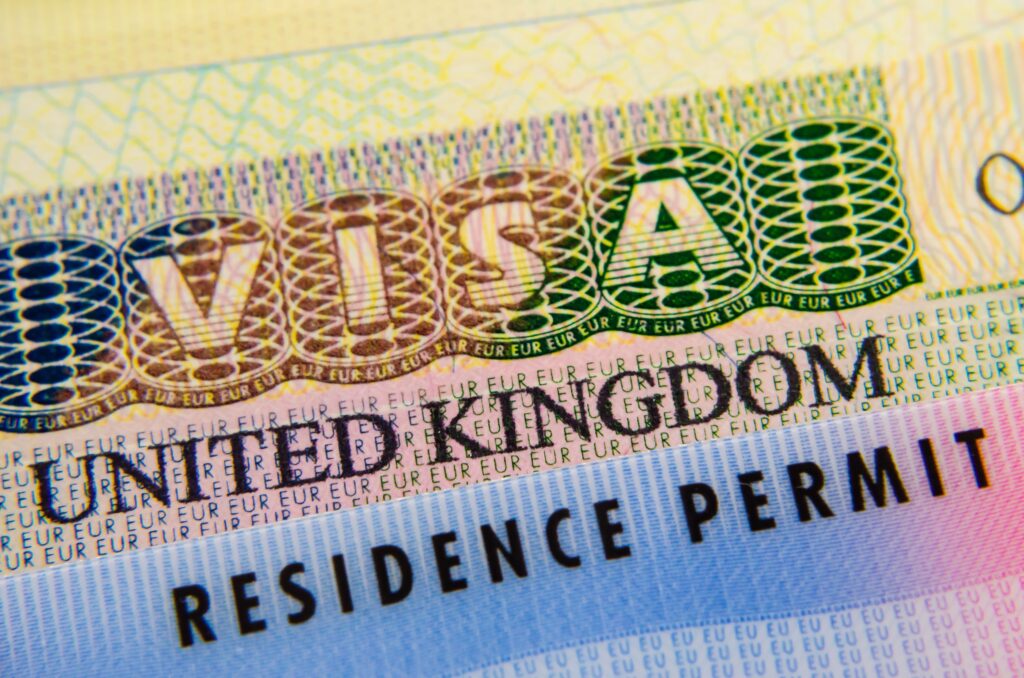A Guide to the UK’s Temporary Shortage List
Just when you thought navigating the complexities of the UK’s employment-based immigration rules couldn’t get any more complicated, you now need to familiarise yourself with a new, time-limited appendix of ‘medium skilled’ jobs—including dancers and welders—collectively known as the Temporary Shortage List. These roles fall under consideration for the Skilled Worker route, but with some important caveats. Buckle up.

What is the Temporary Shortage List?
Following the recent increase in the general skill threshold to RQF Level 6, this new list has been introduced to cover medium skilled jobs—specifically those at RQF Levels 3 to 5—that are expected to remain in demand until domestic training and recruitment can adequately fill these roles. Essentially, the list aims to address ongoing labour shortages in specific sectors while supporting a calibrated approach to migration.
The UK government’s white paper, published in May 2025, states: ‘For occupations with a skills requirement of RQF Levels 3-5 (below degree level), where there have been long-term shortages, the use of the Points-Based immigration system will be permitted only on a time-limited basis. This will be contingent upon advice from the Migration Advisory Committee (MAC), the existence of a workforce strategy, and the commitment of employers to increase domestic recruitment.’
This indicates that the Temporary Shortage List is subject to tightening controls and review. As a result, all roles listed are included on a conditional basis and may only be temporary, contingent on labour market needs and policy assessments. In light of recent high-profile concerns regarding sponsored care workers and senior care workers (occupation codes 6135 and 6136), it is therefore no surprise that entry clearance applications for Skilled Workers sponsored under these occupation codes have now been closed.
Interim Arrangements and Overlap with Existing Lists
To add further complexity, the Temporary Shortage List will operate alongside the existing Immigration Salary List. The latter already identifies various occupations eligible for Skilled Worker visas, based on MAC’s assessment of labour shortages and the rationale that offering a lower salary for these roles is justified. Notably, some roles appear on both lists, reflecting their recognised shortages.
The Home Office’s current position is that these two lists will coexist until the end of 2026. However, with the MAC planning to issue further occupational recommendations early next year, a potential merger or restructuring of the lists may be on the horizon—possibly sooner than anticipated.
Key Points for Employers and Sponsors
– Temporary Nature: The occupations on this list are valid only until the end of 2026. Employers should factor this into their strategic recruitment planning, understanding that the list—and, by extension, visa eligibility—may be withdrawn or amended at short notice.
– Family Members: Workers sponsored via either list cannot bring dependents to the UK on this visa route. If the worker already has family members in the UK on other visas, this does not impact them.
– Salary Requirements: Because the list pertains solely to sub-degree roles, it does not permit salary discounts. Employers must pay at least the minimum salary threshold of £23,200 or 100% of the going rate for the specific role, whichever is higher.
– Pay Rates and Eligibility: The list specifies both a standard and a lower pay rate. Workers qualifying for the lower rate are those who received their initial Skilled Worker certificate of sponsorship before 4 April 2024 and have maintained continuous Skilled Worker visa status since then.
Looking Ahead: The Future of the Shortage List and Immigration Policy
The MAC will play a central role in shaping the future of the UK’s work visa system. The government has tasked the MAC with reviewing salary requirements, visa terms, and conditions, as well as evaluating which sectors could be added to the Temporary Shortage List if they are deemed critical to national infrastructure and economic stability.
While substantial changes may take time to implement, nothing is set in stone. Future developments might even see occupations at RQF Levels 6 and above losing their guaranteed access to the Points-Based immigration system—although that remains speculative for now. For the moment, interested parties should stay attentive to official updates and policy reviews, as the landscape continues to evolve.
A better way to manage global immigration
Smith Stone Walters is now part of Envoy Global. With a presence in over 15 countries and capabilities worldwide, Envoy Global delivers a complete range of services required to manage immigration and business visas for a global workforce.
If you would like to find out more about the enhanced level of global immigration services now available to your business, please contact us today.















